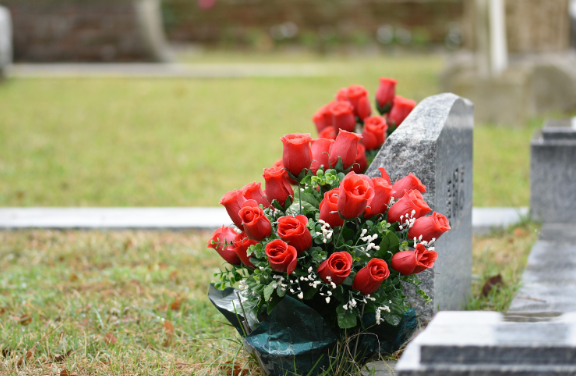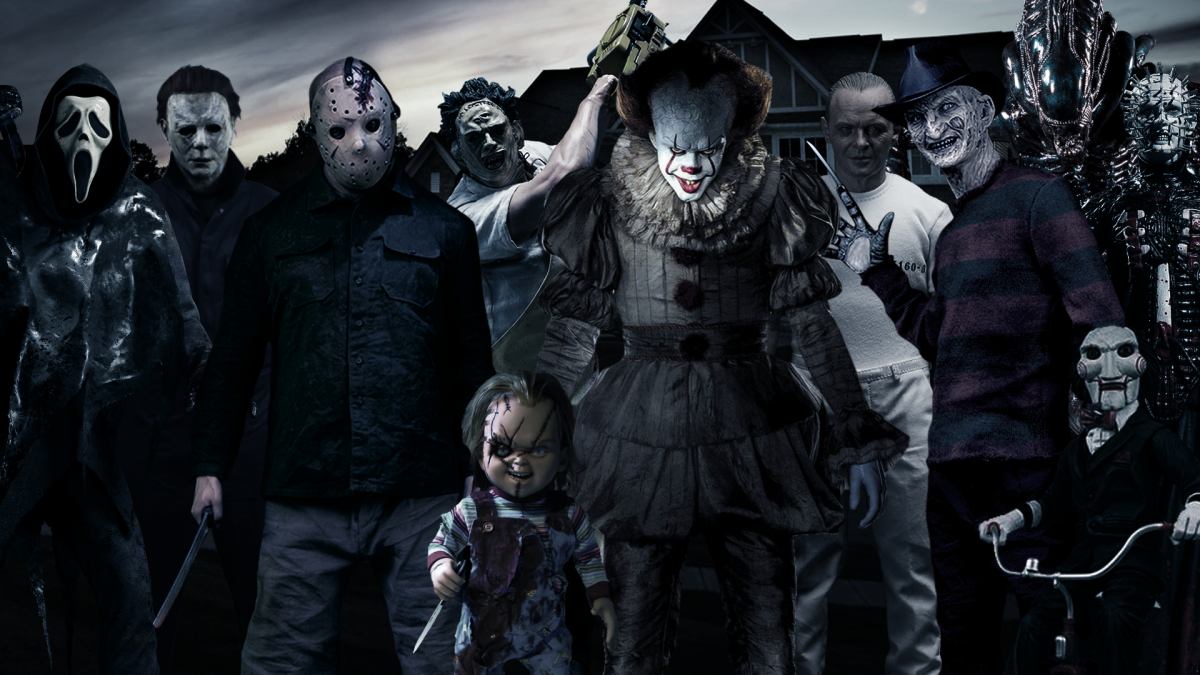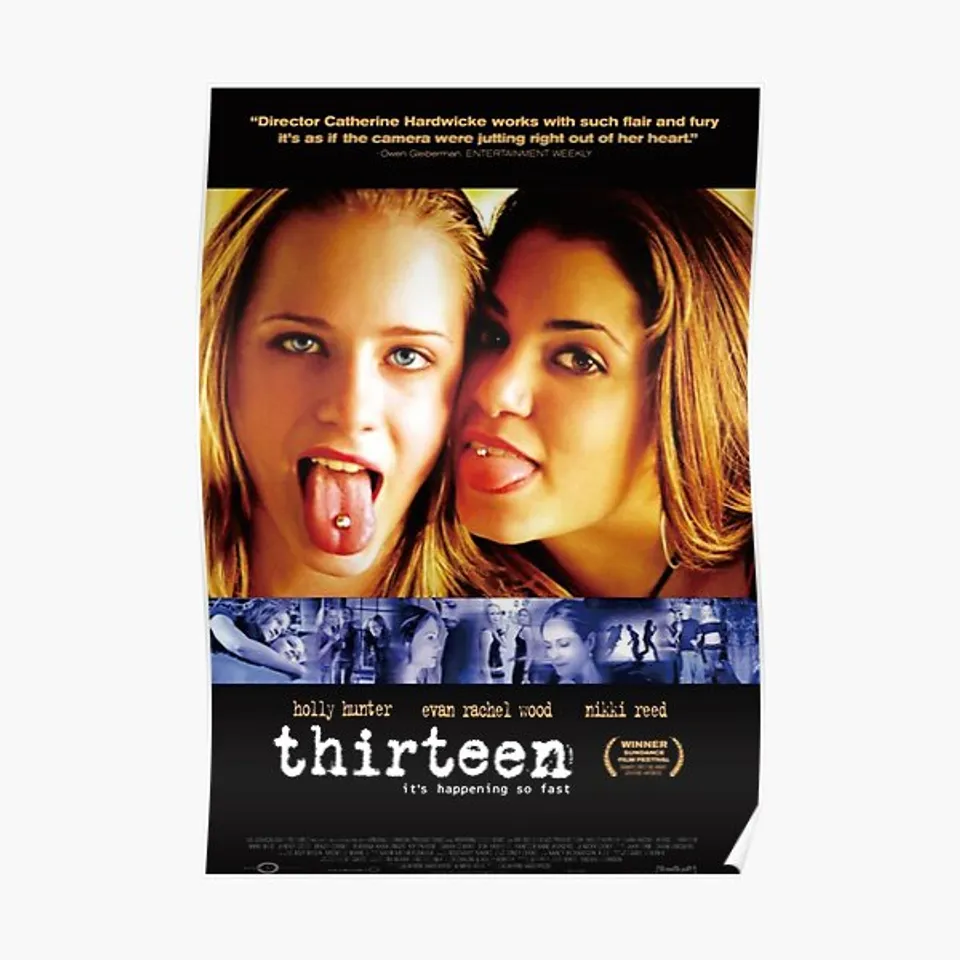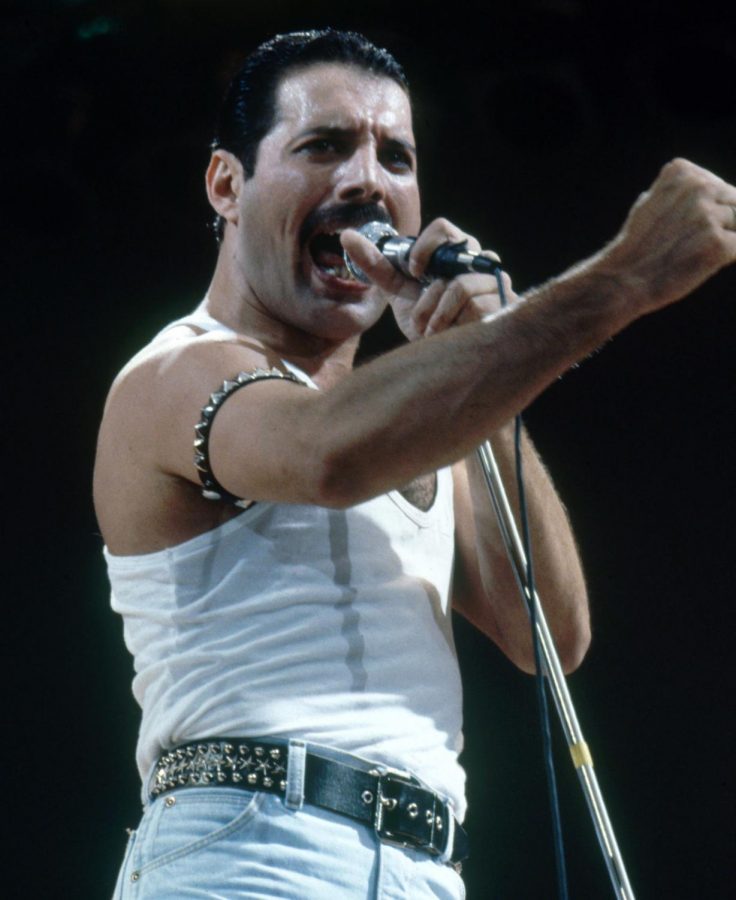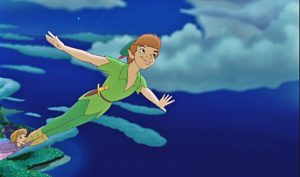The Life of Freddie Mercury
May 30, 2021
Freddie Mercury was a British singer, songwriter, record producer, and lead vocalist of the rock band Queen. Regarded as one of the greatest singers in the history of rock music, he was known for his flamboyant stage persona and four-octave vocal range. Mercury defied the conventions of a rock frontman, with his highly theatrical style influencing the artistic direction of Queen.
Born in 1946 in Zanzibar to Parsi-Indian parents, he attended English-style boarding schools in India from the age of eight and returned to Zanzibar after secondary school. In 1964, his family fled the Zanzibar Revolution, moving to Middlesex, England. Having studied and written music for years, he formed Queen in 1970 with guitarist Brian May and drummer Roger Taylor. Mercury wrote numerous hits for Queen, including “Killer Queen”, “Bohemian Rhapsody”, “Somebody to Love”, “We Are the Champions”, “Don’t Stop Me Now”, and “Crazy Little Thing Called Love”. His charismatic stage performances often saw him interact with the audience, as displayed at the 1985 Live Aid concert. He also led a solo career and served as a producer and guest musician for other artists.
As a member of Queen, Mercury was posthumously inducted into the Rock and Roll Hall of Fame in 2001, the Songwriters Hall of Fame in 2003, and the UK Music Hall of Fame in 2004. In 1990, he and the other Queen members were awarded the Brit Award for Outstanding Contribution to British Music, and one year after his death Mercury was awarded it individually. In 2005, Queen was awarded an Ivor Novello Award for Outstanding Song Collection from the British Academy of Songwriters, Composers, and Authors. In 2002, Mercury ranked number 58 in the BBC’s poll of the 100 Greatest Britons.
Mercury was born Farrokh Bulsara in Stone Town in the British protectorate of Zanzibar on 5 September 1946. His parents, Bomi and Jer Bulsara, were from the Parsi community of western India. The Bulsaras had origins in the city of Bulsar in Gujarat.
The family had moved to Zanzibar so that Bomi could continue his job as a cashier at the British Colonial Office. As Parsis, the Bulsaras practiced Zoroastrianism. Mercury was born with four supernumerary incisors, to which he attributed his enhanced vocal range. As Zanzibar was a British protectorate until 1963, Mercury was born a British subject, and on 2 June 1969 was registered a citizen of the United Kingdom and colonies after the family had emigrated to England.
Mercury spent most of his childhood in India, where he began taking piano lessons at the age of seven while living with relatives. In 1954, at the age of eight, Mercury was sent to study at St. Peter’s School, a British-style boarding school for boys, in Panchgani near Bombay. At the age of 12, he formed a school band, the Hectics, and covered rock and roll artists such as Cliff Richard and Little Richard. One of Mercury’s former bandmates from the Hectics has said “the only music he listened to, and played, was Western pop music”. A friend recalls that he had “an uncanny ability to listen to the radio and replay what he heard on piano”.
After first studying art at Isleworth Polytechnic in West London, Mercury studied graphic art and design at Ealing Art College, graduating with a diploma in 1969. Mercury died in 1991 at age 45 due to complications from AIDS. He confirmed the day before his death that he had contracted the disease, having been diagnosed in 1987. Mercury had continued to record with Queen following his diagnosis, and he was posthumously featured on the band’s final album, Made in Heaven. In 1992, his tribute concert was held at Wembley Stadium. His career with Queen was dramatized in the 2018 biopic Bohemian Rhapsody.

